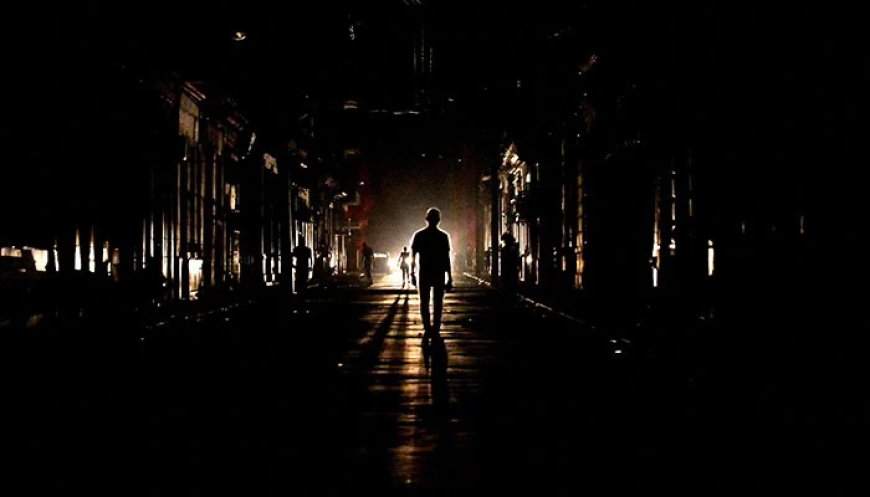Cuba slowly starts restoring power after island-wide blackout

1. Vast majority of 10mn Cubans were still in dark on Friday night due to collapse of one of major power plants
**Cuba Restores Partial Power After Island-Wide Blackout**
**HAVANA:** Cuba managed to restore limited power to parts of its grid by mid-evening on Friday, hours after a nationwide blackout struck following the collapse of one of its major power plants.
While most of the island’s 10 million residents remained without electricity, small areas of Havana, including key hospitals, saw power flicker back on after dark. Grid operator UNE announced plans to restart at least five oil-fired power plants overnight, hoping to restore electricity to broader regions.
In an attempt to stave off a total outage, the Communist government had earlier closed schools, non-essential industries, and recreational venues, sending state workers home. However, the situation worsened when the Antonio Guiteras power plant—the island's largest and most efficient—shut down just before midday, triggering a complete grid failure. Officials did not disclose the cause of the plant’s collapse but confirmed they were working to address the issue.
The blackout represents another hardship for a population already grappling with severe shortages of food, fuel, water, and medicine. Commerce came to a standstill in Havana on Friday, with many residents sitting outside in the heat, while tourists grew frustrated. “We went to a restaurant, but they had no food because there was no power,” said Carlos Roberto Julio, a tourist from Brazil. “Now we’re also without internet. It’s been two days of non-stop problems.”
Prime Minister Manuel Marrero attributed the worsening power crisis to deteriorating infrastructure, fuel shortages, and rising demand. “The fuel shortage is the biggest factor,” Marrero explained in a televised address, noting that Hurricane Milton's strong winds last week hampered efforts to transport scarce fuel from offshore vessels to power plants.
The Cuban government also pointed to external factors, particularly the U.S. trade embargo and sanctions imposed during Donald Trump’s presidency, which have made it difficult to obtain fuel and spare parts. "The intensification of the U.S. economic war and energy persecution is the primary cause of the current crisis," President Miguel Díaz-Canel wrote on X (formerly Twitter).
A U.S. National Security Council spokesperson rejected those claims, saying, “The United States is not responsible for today’s blackout or Cuba's energy situation.” Meanwhile, a State Department official confirmed that Washington was monitoring the potential humanitarian impact but noted that Havana had not requested assistance.
Despite the growing crisis, many Cubans have adjusted to frequent power outages. "With everything happening in our country, the most logical entertainment is dominoes," said resident Carlos Manuel Pedre, playing the game with friends by candlelight. “We’re in total crisis.”
The fuel situation remains grim. Cuba’s largest oil supplier, Venezuela, has drastically cut shipments to around 32,600 barrels per day in 2024, compared to 60,000 barrels per day in 2023. Venezuela’s ailing refineries have prioritized domestic needs, leaving less fuel for allies like Cuba. Russia and Mexico, which had previously sent fuel, have also scaled back their deliveries, forcing Cuba to rely on expensive spot markets amid a government financial crisis.


















































